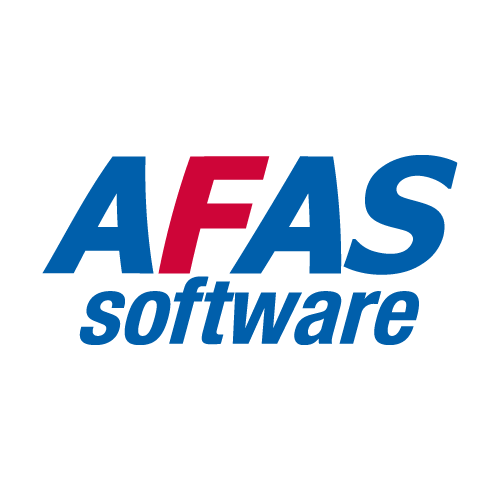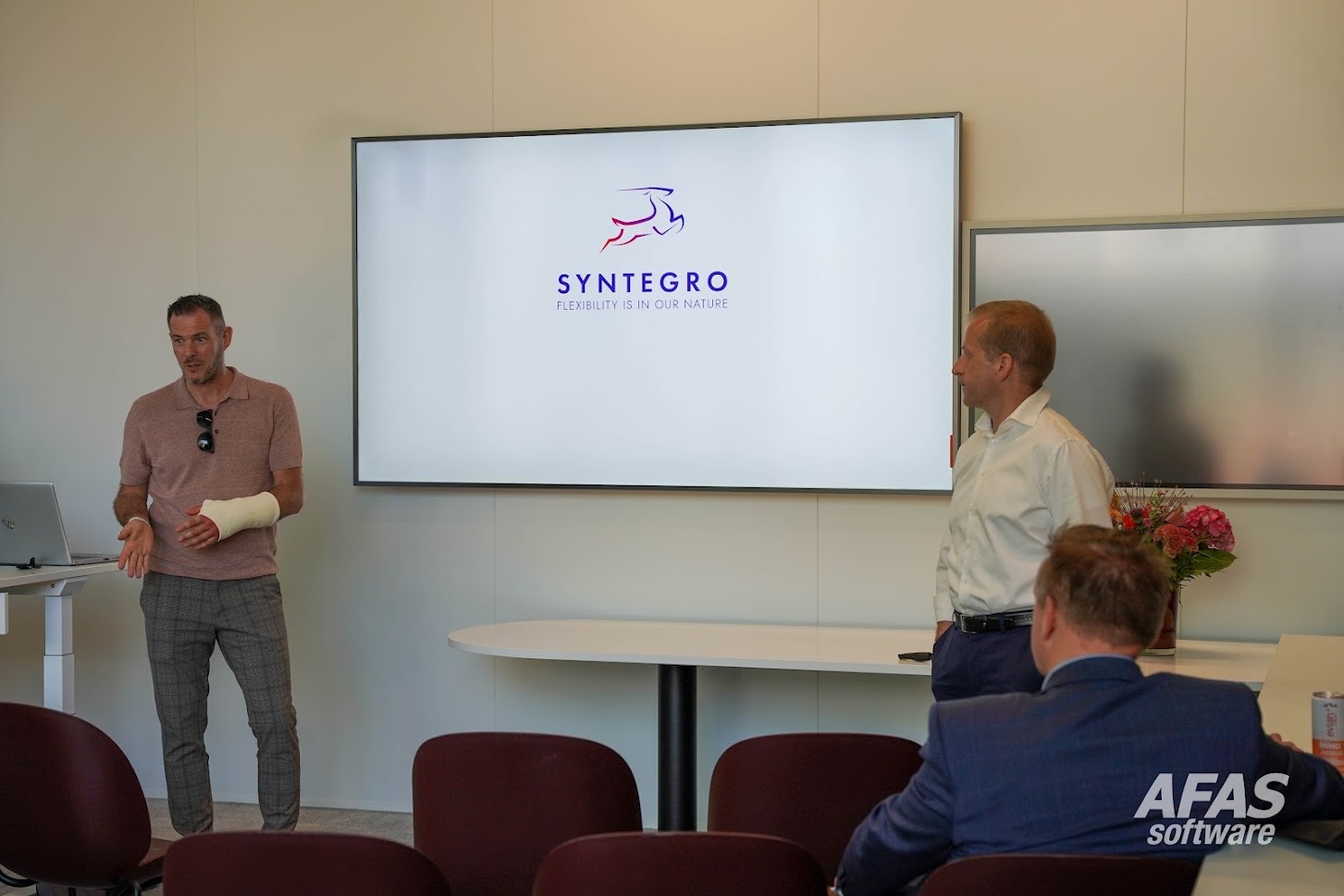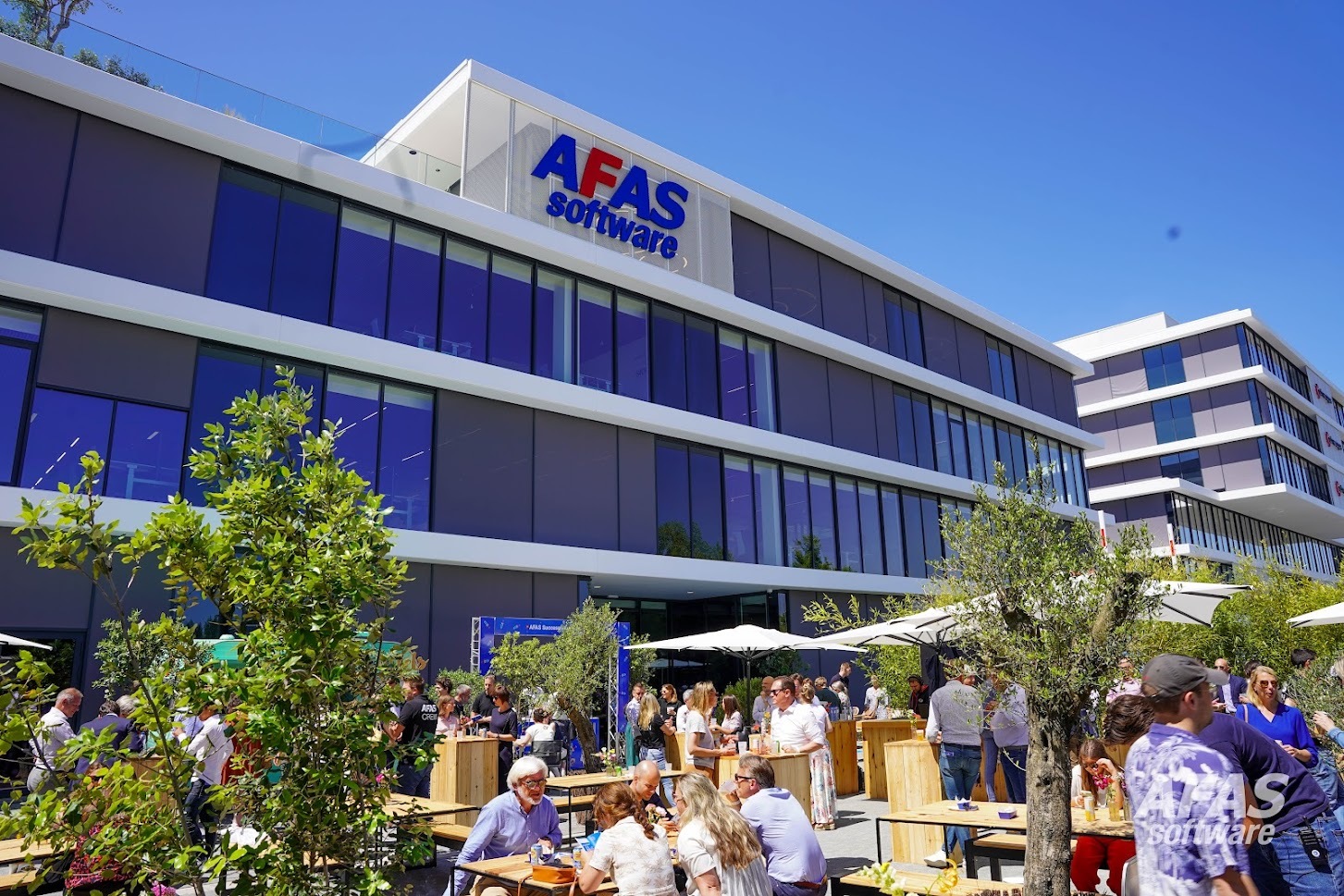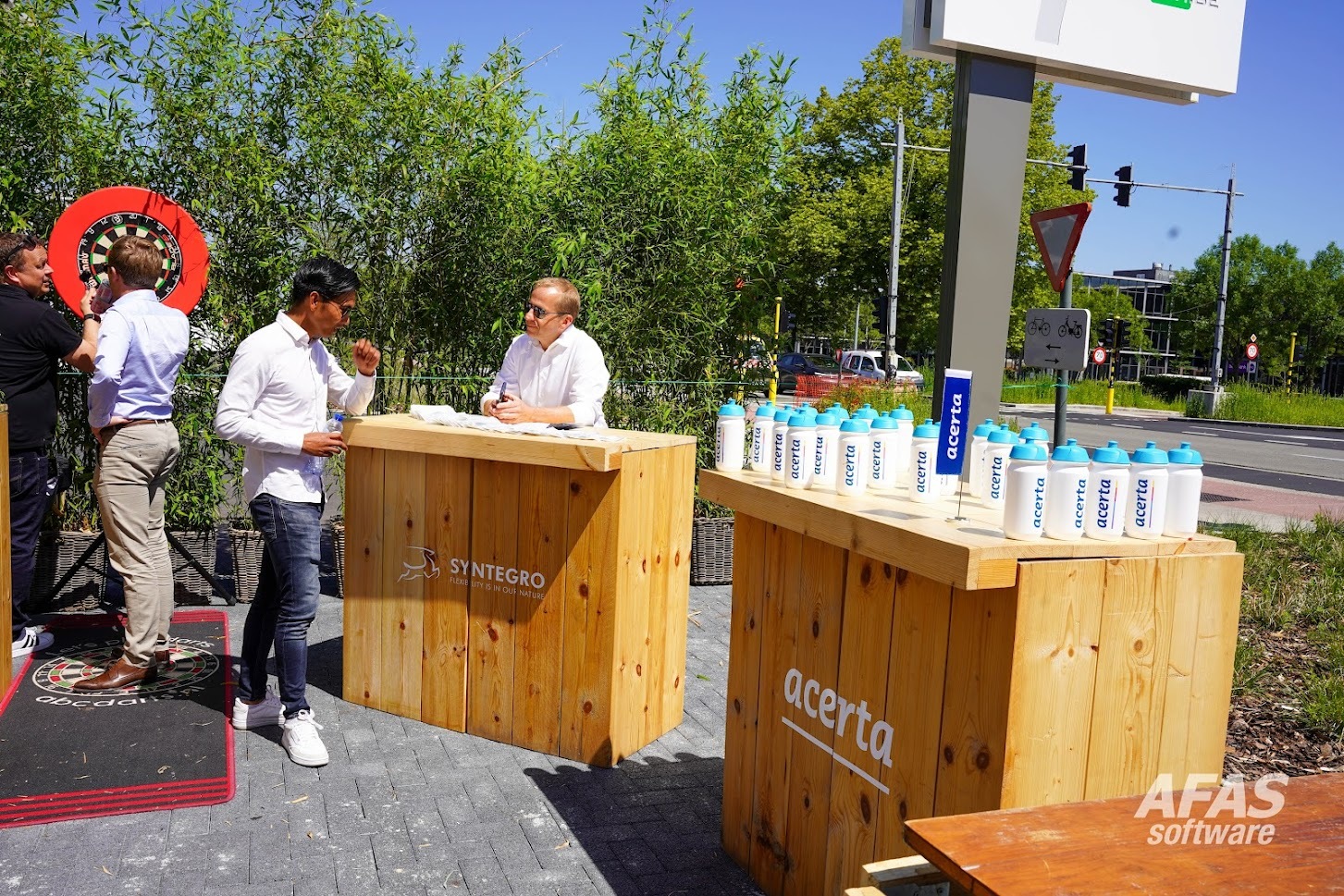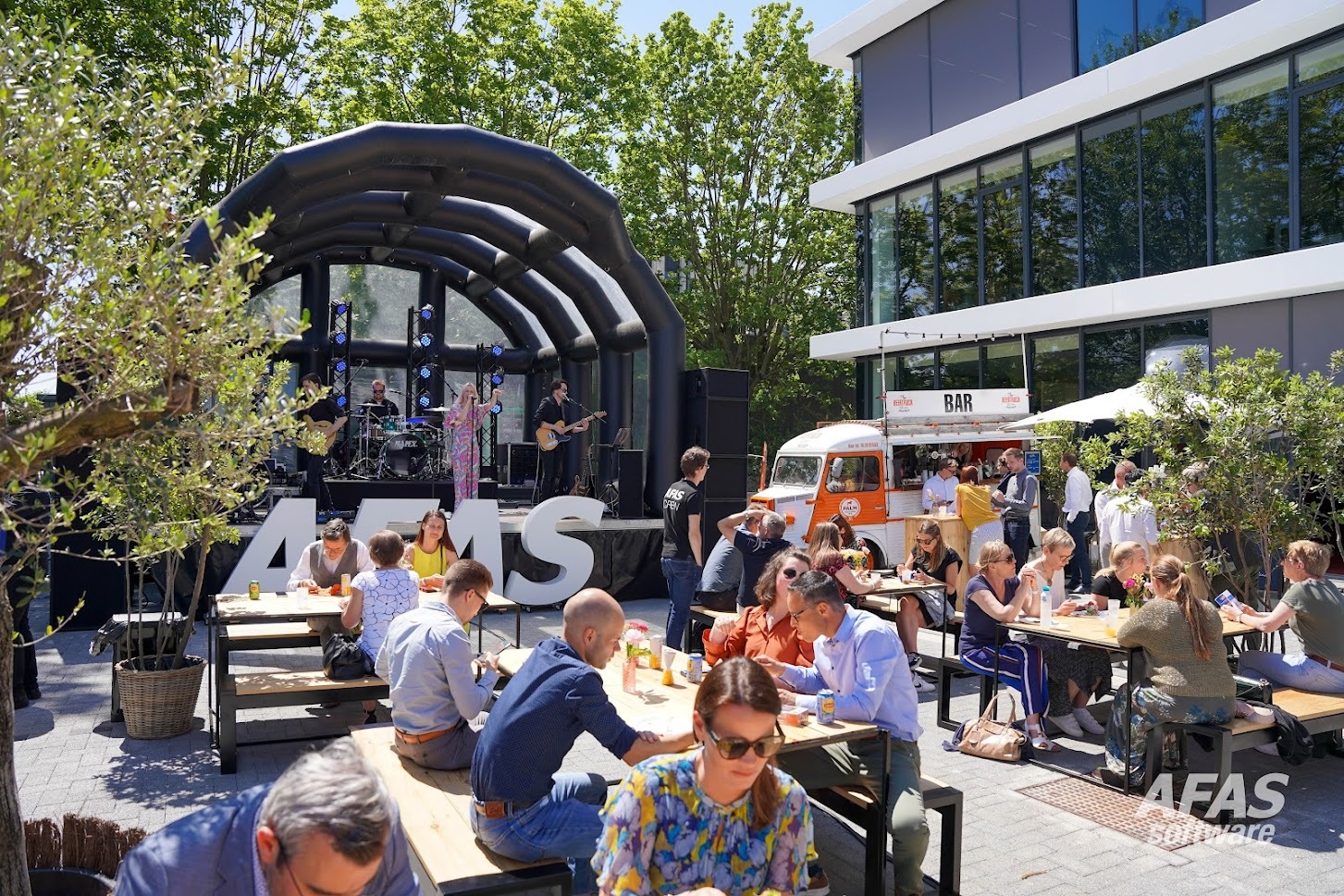AFAS
Today, organisations can achieve substantial efficiency gains through digitalisation. Yet apps and all kinds of systems can’t do it all on their own: only if you know how to link them to one another do they generate real advantages.
Syntegro´s software is flexible and adaptable, making the program ideal for creating links with other systems, for all possible organisations.
Smart organisations opt for smart integrations
With the right links, Syntegro can really make a difference for specific needs of customers and organisations. By linking systems together, data are exchanged that you would otherwise have to input manually (and multiple times). You thus avoid duplication of effort, many things take place automatically, and the likelihood of error is reduced.
Configuration according to the needs of organisations
As sales & partnerships manager at Syntegro, Carl Nulens knows how to translate the needs of companies into concrete solutions. Syntegro’s software, which is custom-configured to organisations, permits extensive automation. By fulfilling these needs, the ultra-flexible software really shows what it can do.
"The projects we implement at Syntegro are always highly diverse", says Carl. "You have to know the workflows and harmonise the agreements between the departments with each other. It’s never plug-and-play. In this way, for each company we arrive at the proposed end result: a customised system with standard software.”
Saint-Gobain: "No more double work thanks to links"
One of the projects that Carl looks back on with pleasure, and where smart links were used for several organisations, is that of Saint-Gobain. The company has more than 1,000 employees in Belgium and was able to organise its workforce management far more effectively.
“Each new starting employee had to be created or reported in several systems”, Carl observes. "They were already working with the ERP system from AFAS. Thanks to smart links this only has to be input at a single central point. It might sound simple, but it greatly facilitates matters: no more double work for your personnel department, and a much smaller likelihood of error.”
The cost-benefit analysis is different for many different organisations. “At large companies, where dozens of people start and stop working each month, this means a huge gain. Smaller companies, by contrast, have other needs.”
Waterdrinker: Targeted marketing thanks to integrations
Syntegro went a step further for the Dutch flower company Waterdrinker, where the data collected by the Syntegro system are used for marketing. Carl explains: “400 permanent and 800 temporary workers work at Waterdrinker each day. The company is a flower wholesaler that, amongst other things, handles the global distribution of tulip bulbs. It’s also the regular wholesaler for virtually every florist in the Netherlands.”
Waterdrinker uses the AFAS-Syntegro integration on two levels here. Firstly, the master data of employees are input centrally, just a single time. And secondly there is a registration of the florists who come on site to buy flowers. “And therein lies the beauty of the system", says Carl. “A total of around 25,000 customers or ´subscribers´ are registered in it. With their Syntegro badge, Waterdrinker can record when they came by, which flowers they selected, and what amounts they spent. The invoicing is done via the AFAS software. The access badge and an automation process give marketing the ideal tool for running their loyalty program. Thanks to the data, Waterdrinker’s marketers can plan actions and send out mailings in a far more targeted way. Another fine example of the advantages of smart links for large organisations.”
Yontec: Project and time registration in a single app
The Hasselt-based service company Yontec is specialised in the maintenance of electrical installations. Its technicians are often out on the road, driving from one job to the next. "A great example of extensive workforce management", Carl notes. “The technicians spend very little time in the office. Via their mobile device they request leave, receive their assignments, register their working time per project. Has a project been completed by the technician? Then accounting receives an overview of the services performed and an invoice can be automatically generated."
Thanks to this automation and digitalisation, Yontec´s internal departments are flawlessly harmonised with one another. "Earlier the technicians would drop by the invoicing department with a batch of job forms, the one less legible than the next. Now everything is very user-friendly and straightforward.”
And the users – the technicians – themselves? “As it happens, my neighbour works there, and he’s very satisfied with it. He can access the entire system at any time via the mobile app. In a single app he records the works he performed, his presences and absences, and he receives new orders. He’s firmly convinced of the benefits of this automation!”

